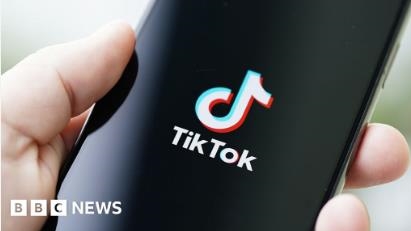In 2020, the UK’s Information Commissioner’s Office (ICO) fined TikTok £12.7 million for letting roughly 1.4 million UK kids under 13 use its platform. TikTok violates the law by processing their personal data without seeking permission from their parents. TikTok was informed internally that they weren’t doing enough to check users’ ages and get rid of people who were underage, which is why they got this fine. This is really dangerous for the privacy of young users.
There is an increasing tendency around the world to make sure that kids’ information is safer. For instance, the EU recently fined TikTok €345 million for infringing the GDPR by utilizing design tricks that trick minors. These actions suggest that most people think that children’s digital privacy should be secured with fairness, transparency, and stronger default protections instead of platform designs that are excessively open or deceptive.
The ICO’s ruling shows that social media companies need to radically modify the way they do things by employing privacy-by-design ideas that perform very effectively. Adding AI-powered age verification and privacy-first options can make the site much safer for kids while still giving them a decent experience. It’s not just about following the regulations; it’s also a chance to come up with fresh ideas. Being responsible with data can provide you a big advantage over your competitors.
Here are some essential points to take away from the UK’s choice:
– **How much access do kids have?** About 1.4 million people under 13 broke TikTok’s restrictions, which indicated that there are very similar problems with verification on a massive scale.
– **Legal Basis:** The ICO fined TikTok for collecting data on kids without their parents’ permission and not being honest about it. This underscores how crucial it is for sites to keep youngsters safe.
– **Trends in Global Enforcement:** The EU and Ireland took the same steps at the same time to indicate that international standards are getting tighter about protecting children’s data privacy.
– **Requirements for Design Reform:** The TikTok case highlights how crucial it is to get rid of design features that are unfair and confusing and take advantage of the cognitive deficiencies of young users.
– **Future Technological Safeguards:** Identity verification and privacy-by-default settings that use machine learning are two highly inventive solutions that are needed to keep kids safe and follow the rules.
– **Ripple Effect in the Business:** More and more, other platforms are being pushed to adopt ethical data policies ahead of time so they don’t break the law by adopting better frameworks that focus on kids.
– **Parental Empowerment:** Parents have more authority when they have to grant stronger consent, which makes digital spaces safer for kids to explore and connect.
This milestone enforcement is a promising turning point. Protecting kids’ rights in digital playgrounds should now be a top priority, not an afterthought. As platforms find new methods to balance privacy and innovation, kids may be able to explore online worlds more and more safely, learning, producing, and interacting without too much risk. Technology, regulations, and morals working together are like a group of bees working together to reach a common purpose. It offers a digital future that cares for and protects its youngest explorers.
